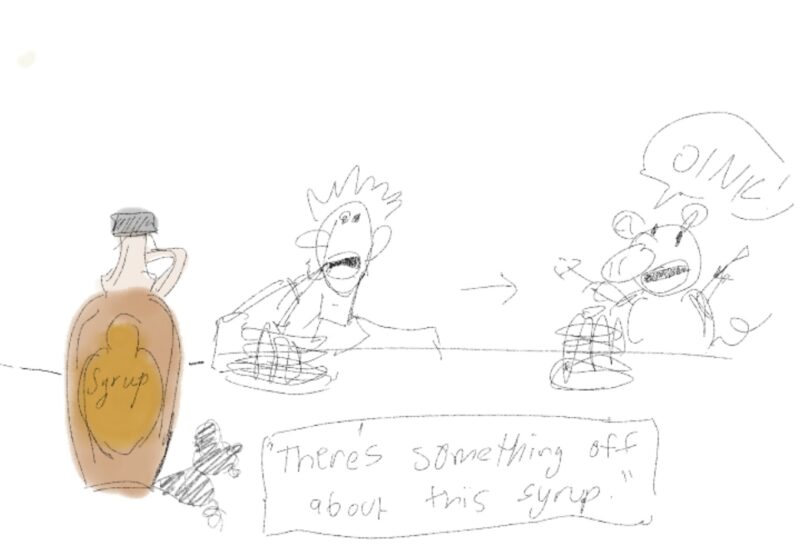The price of textbooks on college campuses has become a national problem; the average amount a college student spends on text books has grown 186 percent above inflation over the past 20 years. That is even faster than the rate at which tuition for private Universities has grown.
Here in Rochester, we represent an anomaly – since the 1997-98 school year, the bookstore has actually taken in less money from book sales each year than in the one preceding it. Such a reduction in costs has been possible only through an ever increasing number of cheaper used books offered instead new ones. Students can buy these used books at approximately 75 percent of the cost of a new one, which greatly lowers the amount we are forced to shell out each semester.
While the bookstore has been making valiant efforts to get more used books each year, the problem lies within the faculty. So few of the booklists are turned in on time that it hurts the bookstore’s ability to procure used copies. Our bookstore buys used books from national traders; they call, give the name and edition of a book, and the national trader begins buying and stockpiling that volume for our bookstore.
The problem is that other college bookstores do the same thing and request the same books. Whoever calls the national trader first gets priority, and therefore the largest number of used books. More lists submitted to the bookstore earlier means more cheaper books next semester.
Having the booklists in early also increases the price the bookstore will pay us when we sell them back. If the bookstore knows it can sell my textbook back to another student on this campus next semester, I can get about 50 percent of the new price.
If the bookstore doesn’t know that and has to sell the book to a national trader, the buyback price dips as low as 10 percent of the new cost.
A huge difference, and the only barrier preventing students from receiving the additional 40 percent of the cost back, are professors getting their lists in on time.
For the total amount spent on books each year to have decreased over the past 10 years, you would think that by this point most professors get their lists in on time. Not the case. For the 2005 fall semester, only 20 percent of class booklists were turned in by the beginning of the final exam period of the previous semester, when students begin selling books back. Only 40 percent of the lists were in by the end of finals, the end of buyback.
Last year, without used books, the student body would have paid nearly $150,000 in additional textbook costs. That is with only 40 percent of the booklists in by the end of finals. Imagine the enormous savings we could receive with 80 percent of the booklists in, not by the end of finals, but by the deadline the bookstore sets to get the optimal number of used books.
This semester that deadline is Oct. 31. If booklists are in by that date the bookstore has the best possible chance to get used books for next semester. While not every professor can submit their booklists on time, as some syllabi aren’t completely finalized, a larger percentage than we have seen in the past can.
Ask your professors if they have turned in their booklists for next semester. Understand that many will have valid reasons as to why they haven’t, but politely explain why you want the booklists in early, explain to them that you can save hundreds of dollars each year if they turn these lists in just a few weeks earlier.
If we want lower book prices next semester, if we want more money for buyback there is a very simple solution. Encourage your professors to send their lists in, because this is a unique opportunity for us to have a real and immediate effect on a major campus issue.
Kirstein is a member ofthe Class of 2009.





